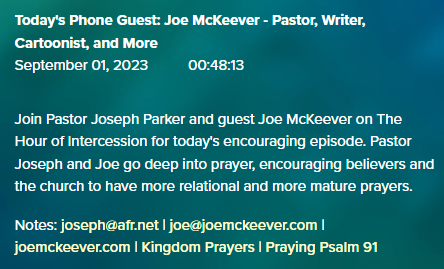“The Lord’s bond-servant must not be quarrelsome, but be kind to all, able to teach, patient when wronged, with gentleness correcting those who are in opposition, if perhaps God may grant them repentance, leading to the knowledge of the truth…” (Second Timothy 2:24-25)
In Lynne Olson’s book Those Angry Days: Roosevelt, Lindbergh, and America’s Fight Over World War II, 1939-1941, she has this interesting depiction of Harold Ickes, a member of FDR’s cabinet during the Second World War:
“According to T. H. Watkins, Ickes’ biographer, ‘a world without something in it to make him angry would have been incomprehensible to him.’ A disgrunted Republican senator who had been the target of one of Ickes’ verbal assaults called him ‘a common scold puffed up by high office.’ To one cabinet colleague, Ickes was ‘Washington’s tough guy.’ To another, he was the ‘president’s attack dog.’”
Olsen tells how an assistant secretary of state once refused to shake hands with Mr. Ickes and described him in his diary as “fundamentally, a louse.”
Having such an irritating person in high government office is one thing; having them in church leadership is quite another.
I’m remembering a woman had a reputation for being a strong witness for the Lord, even to the point of teaching classes on faith-sharing.
One day I called her office following up on something her boss had told me.
I was amazed by her reaction.

